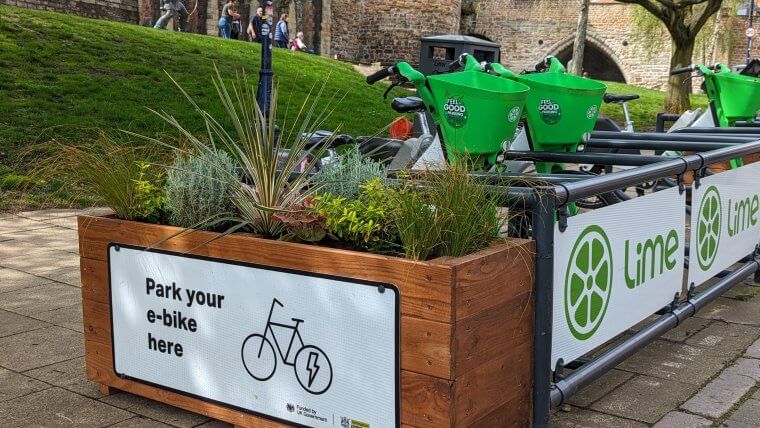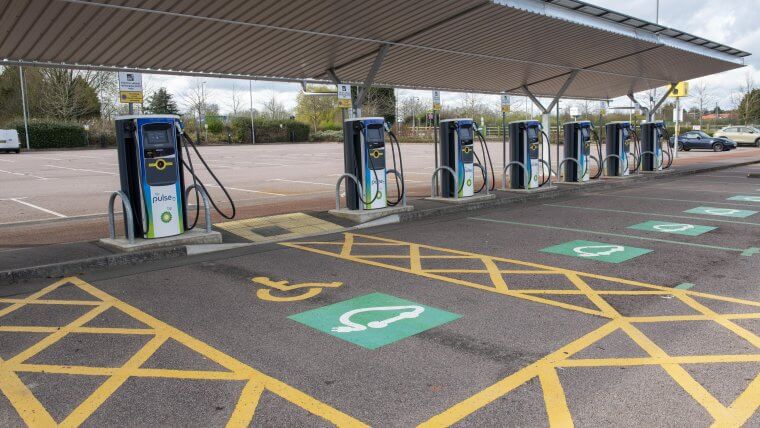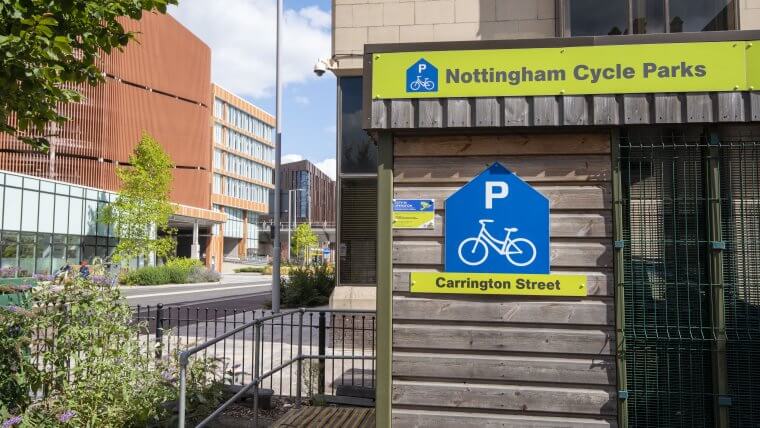
We may not be able to see it, but air pollution is a real issue that is having serious, long-term effects on our health.
Polluted air is bad for our lungs, but it doesn’t only cause respiratory problems, it can also result in heart problems and cancer too.
We all share the air we breathe, so it’s a problem we all share too. The good news is there are things we can do to help.
What is the City Council doing about it?
Nottingham City Council wants people to be able to live healthier lives, and making sure we can breathe cleaner air is an important part of achieving this.
Transport is one of the biggest polluters, and the council has a strong track record in initiatives focused on lowering emissions, encouraging the use of other forms of transport, using greener technology and reducing congestion.
Projects include:
- £15m investment in one of the UK’s largest electric bus fleets
- Investment in biogas and retrofitted buses
- Developing and expanding the electric tram network
- Improving cycling facilities, including bike hubs and a cycle hire scheme
- Significant investment in cycle corridors
- Introduction of the Workplace Parking Levy – tackling congestion and containing traffic growth, while generating funds to invest in public transport
All of which make public transport a more enticing alternative to the car, helping to free up the roads for those times when there’s no other option than to drive.
Apart from our greener public transport, we’re also leading the way in the uptake of Ultra-Low Emission Vehicles (ULEVs) through our Go Ultra Low scheme, which includes:
- £2.1m investment in more than 230 chargepoints across Nottingham, Nottinghamshire and Derby
- Converting at least 20 per cent of our own fleet to ULEVs by 2020 (We’re currently on target for 28 per cent)
- Helping local businesses to reduce their emissions, with grants of up to £25,000 and advice through our Workplace Travel Service
- Supporting taxi and private hire drivers and operators to make the switch to electric vehicles, through funding and a new Taxi Strategy. The strategy requires every vehicle to be at least Euro 6 standard by 2020, and ULEV by 2025
What else?
We’ve expanded the city’s two Air Quality Management Areas to cover the whole city, giving us more power to take action. From autumn 2019, we’ll be able to issue notices for engine idling, particularly outside schools. Due to their height, young children are more vulnerable to air pollution when walking along busy roads.
Councillors are also seeking to revise the city centre Clear Zone – which restricts access to vehicles – to include emissions criteria, making sure only low emission buses, taxis and HGVs have access.
There’s a limit to what we can do, but Cllr Sally Longford, Deputy Leader and Portfolio Holder for Energy and Environment, is calling on the government to do its bit too. For example, by setting up a national framework that makes it easier to improve air quality, and electrifying the Midland Mainline so there are less diesel trains coming into the city.
Consultation
We ran a consultation on our air quality proposals over August and September 2018. Our Local Plan to Improve Air Quality in Nottingham was submitted to DEFRA on 14 September, and was the first in the country to be approved in November 2018. A copy of this document can be found below.





